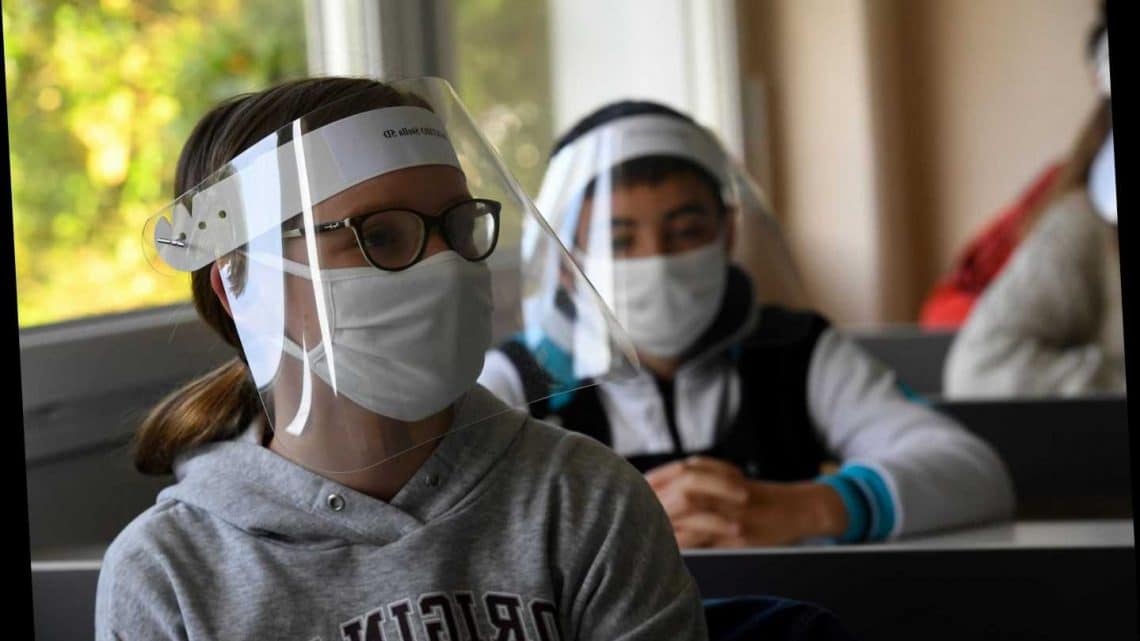In a recent piece for the Washington Post, Ramesh Ponnuru wrote that “the public is not going to accept restrictive coronavirus mitigation measures again, regardless of what the Centers for Disease Control and Prevention or other public health authorities say.” Ponnuru adds his speculation that “we’re not going to return to social distancing or shut down schools.”
Bad news for government, but great news for the US. If there’s an upside to the lockdowns that never, ever made sense (Ponnuru’s National Review formerly thought they did), it’s that government has forfeited a great deal of the little credibility it had.
Why did the lockdowns never make sense? They didn’t simply because reality travels exponentially faster than government bureaucrats, along with health agencies staffed by government bureaucrats. It’s all a reminder that the more threatening anything is, including a virus, the more superfluous is government action of any kind. To say that government must arrogate power to itself in times of what it deems “crisis” is to suggest that left to their own devices, people free of government guidance will do stupid things, including stupid things that threaten their health and lives.
Actually, it’s when crises are greatest that government must sit on its hands the most, and for obvious reasons. Crises imply an information vacuum that can only be filled insofar as people are freely arriving at all manner of decisions that create the essential information without which we operate blindly.
The arrogant conceit of lockdowns wasn’t just that free people were dumber than the epitome of dumb (government). Much worse than the conceit were the lockdowns themselves, that to varying degrees blinded the very people who very much needed to see clearly. Precisely because the arrival of the coronavirus brought with it unknowns, a country with sane leadership would have turned the unknowns into knowns by getting out of the way.
But wait, the government force apologists will say, absent lockdowns some people would have continued to live and work without masks, some businesses would have remained open sans restriction, and then lots of horny high school and college kids would have acted like horny high school and college kids. Yes, precisely.
During what government deems crisis, it’s those most willing and eager to flout convention and expert opinion who produce crucial information for the rest of us. If living freely results in sickness and death, then we all know what not to do. But if as was the case with the coronavirus that living freely wasn’t much of a risk at all except for the already very old and already very sick, then those who didn’t flout convention and expert opinion have the information necessary to alter their lifestyles with the information created by the rebellious.
It all brings me to the one line I wish I could take back from my book on the economic impact of the tragic lockdowns, When Politicians Panicked. In it, at one point I wrote that government’s role in times of a virus should be limited to “be careful.” How wrong I was! Government that is stupid in good times doesn’t become wise in bad times. Government must do nothing in bad times so that the marketplace that is the people can find out what to do, and for myriad different reasons.
Instead, and as is well known, government “did something” in 2020. And as Ponnuru alludes, in doing something government forfeited whatever credibility it once had. Bad for government, but good for the rest of us. May we never be tricked by “experts” substituting their knowledge for the marketplace ever again.
Reprinted with permission from Brownstone.org.


